My name is Francesco Rahe. I am a short, bespectacled Catholic man fond of wearing quarter-zips. I learn languages in my spare time, recite poetry for fun, and proudly hold the unofficial position of “Shakespeare reviewer” for the Maroon’s Arts section. Most people at UChicago probably know me as a recent recipient of the Rhodes Scholarship. Fewer know that I am trans.
When UChicago News published the article on my scholarship selection, I asked them not to mention this last personal detail. It is not that I am ashamed of my identity; I simply wish to not be defined by it. To be trans right now is to regrettably serve as a projector screen for the often-contradictory opinions and expectations of others. Having been called “abomination,” “perversion,” and (to cite Representative Nancy Mace’s favorite) “tranny” in the past, I prefer to be just seen as human. UChicago News respected my wishes, but I fear the hopes underlying my request were ultimately futile. The days when trans and gender-nonconforming people could work out their identities in peace are now a fleeting memory.
Those not in the trans community may be unaware that, as of February 26, 2025, numerous executive orders have been unleashed by President Donald Trump specifically targeting the trans community. According to the Trans Legislation Tracker, more than 600 anti-trans bills have been proposed nationwide this year. These bills impact everything from pronoun usage at work to medical transition for adults, and we are only a month into the new administration.
As a pacifist and certified klutz, I will probably never join the U.S. military. Yet the executive order that worries me the most is “Prioritizing Military Excellence and Readiness” (i.e., the trans military ban). In the past, arguments about shutting trans people out of the military have rested on the premise that our medical treatment is expensive or that we are too mentally ill to serve. These claims, while spurious, at least attempt to make a genuine case—and therefore can be argued against.
Trump’s most recent order, however, makes its argument on moral grounds. As it states, “adoption of a gender identity inconsistent with an individual’s sex conflicts with a soldier’s commitment to an honorable, truthful, and disciplined lifestyle, even in one’s personal life. A man’s assertion that he is a woman, and his requirement that others honor this falsehood, is not consistent with the humility and selflessness required of a service member.”
Trump is redefining transness not as an inborn characteristic, but as an action. He is claiming that we have about as much right to call ourselves a demographic group (and therefore be entitled to workplace protections and the like) as thieves do. By being trans, according to Trump, I am effectively lying. I and my entire community are dishonorable, dishonest, undisciplined, prideful, and selfish. We are deviants at best, subhuman at worst. Our visible presence in society is an aberration rather than an expression of the diversity of the human experience.
All this is bad—but why should the University of Chicago community care?
Setting aside the existence of trans students who may need support right now, the Trump administration has already made moves which might put the University of Chicago in the crosshairs of its anti-trans policies. On the evening of January 27, the White House issued a memo which sent a wave of panic through the UChicago community. This memo ordered a temporary freeze of the disbursement of federal funds to areas potentially implicated by prior executive orders. Chief amongst these implicated areas was the so-called ideology of “transgenderism.”
Though the funding freeze has since been halted by a judge, the fear it caused remains. Many of UChicago’s researchers, particularly those in the sciences, depend on federal funding to continue operations. It may be tempting for the faculty and administration of our school, fearful that these valuable funds might be revoked, to, as New York Times columnist Masha Gessen put it, “obey in advance.” Many organizations nationwide are already doing so.
Such premature obedience might include canceling classes on LGBTQ+ topics, revoking RSO status for affinity groups, denying grants to researchers working on topics related to gender, and even instituting a bathroom ban if the Trump administration presses the issue. The last restriction would be especially damaging for trans students, as it could run the risk of outing or even physically endangering those who have already medically transitioned. Furthermore, it is no far-fetched possibility. The Trump administration has already launched a Title IX investigation on a Denver school district for having a multi-occupancy gender-neutral bathroom; Ohio, meanwhile, has passed a bathroom ban affecting universities such as Kenyon College.
Trans people are a tiny subset of the total U.S. population—about 1.3 percent, according to a 2025 Gallup survey. It might seem foolish to risk the financial security of the majority of UChicago’s population for the sake of its few trans students and staff. However, to submit to Trump’s ideological purity test would imperil the very premises of free thought and inquiry which define the University of Chicago.
UChicago’s motto is “crescat scientia; vita excolatur.” In English: “let knowledge grow from more to more; and so be human life enriched.” This principle—that knowledge ought to be pursued—is based on the assumption that knowledge is good. That we should be unafraid of whatever we might discover.
To study the human experience in full also requires acknowledging the existence of trans people. Conservatives who would claim that we floated into existence some 50 years ago have no answer to the countless examples throughout history of people who have expressed a sustained discordance between their biological sex and their gender identity. From the millennia-old existence of the hijra of India to that of the kathoey of Thailand, from Antonio de Erauso in the 17th century to James Barry in the 18th, from Albert Cashier in the 19th century to Lou Sullivan in the 20th, we have always been here. We always will be.
Knowledge can be perilous. Self-knowledge particularly so. While the existence of trans people on its own might be unnerving, the idea that one could oneself be trans is, to many individuals, terrifying. Yet from time immemorial, self-knowledge has occupied a central role in human flourishing. In ancient Greece, where Western philosophy first dawned, the Delphic oracle commanded its adherents to “know thyself.” Plato famously picked up this maxim in the Phaedrus.
When I was a first-year, a close friend of mine told me he thought he might be a trans woman. Sensitive and gentle, he often felt awkward in male spaces. Several years later, however, he told me he’d realized this wasn’t the case. He might not have conformed to what society always expected of a man, but he considered himself a man nonetheless.
My friend had the courage to take a good, hard look at himself, at who he was and at what he wanted out of his life. When the truth he thought he’d discovered ended up, for him, being incorrect, he was unafraid to admit it. He proved himself a true philosopher, the epitome of the best of UChicago’s culture right now. But the questions he asked of himself are ones which the Trump administration aims to eliminate from consideration altogether.
The decision of Trump and his supporters to close their eyes and hide from the existence of trans people seems to me in the end rather pitiable. Like a little boy afraid of a storm, Trump would prefer to creep under the covers rather than gaze at the glorious lightning. To allude again to my friend Plato, he prefers the shadows in the cave to the blinding sun outside. Trump is free to make these decisions in his private life… but to impose that choice upon a university, a place defined by its dedication to the fearless pursuit of knowledge, is to make a mockery of the institution.
To that end, as an earnest lover of UChicago, as a student immensely grateful for the education I have received here, I ask that the UChicago community not accede to Trump’s demands. If a professor wishes to study trans history, let them do so. If a student wishes to be called by a name other than their legal one, call them by it. A world where some avenues of knowledge are dismissed outright, where private lives are policed and where individuals perceived as deviating from gender norms, such as the Algerian boxer Imane Khelif, are vilified, is not a world anyone should have to live in. But that is the world—and the university—the Trump administration is currently working to create.
I understand that for those on the fence about pushing back against the Trump administration, the complex nuances of trans issues may appear intimidating. In the past, earnest allies of trans people have attempted to defend our rights by fiercely shutting down any discussions perceived as threatening. Often, in cases such as the premature canceling of “I Sexually Identify as an Attack Helicopter” (since renamed “Helicopter Story”) in 2020, this involved the silencing of trans people themselves. While well-intentioned, such quelling of conversation on the left has only fuelled the right’s vicious narrative of trans people as predatory and dangerous.
Accepting complexity does not have to entail accepting conservative narratives. To take one high profile example, the vast majority of children who medically transition are happy with their treatment. However, a very small percentage of them face regret. These people deserve compassion. It is not unreasonable for Americans to want trans children to receive thoughtful, rather than rushed or haphazard, care. Many trans people agree, and in fact the foremost expert on detransitioning is himself a trans man. Like all human issues, trans issues are nuanced—but none of Trump’s executive orders recognize those nuances. Concerns about complexity should daunt no one from having the courage to resist the Trump administration’s overreach of power.
Some three centuries ago, our founding fathers gave us a great gift—a nation which, while flawed, strove to be free. Benjamin Franklin challenged his compatriots at the Constitutional Convention: “A republic, if you can keep it.”
I challenge my readers now: a university, if you can keep it.
At a time when civil liberties are threatened, let us keep both our university and our republic. Let us keep them through kindness to our fellow peers, many of whom—and not only those in the trans community—are now afraid. Let us keep them through openness to others, a willingness to always look hard questions in the face and to do our best to thoughtfully answer them. Let us keep them, above all, through courage, that great virtue of the scholar and of the citizen.
For our University community to suffer briefly in battle is far preferable to it facing the slow, insidious rot of submission to political ends. Consequently, I ask that the University community strive to stay as it is, brave and free. To remain a place which can provide to the first-years of the future the gifts it has given to me. I am asking no more and no less than for it to stick to its motto: to let knowledge grow from more to more, and so be human life enriched.
Francesco Rahe is a fourth-year in the College.



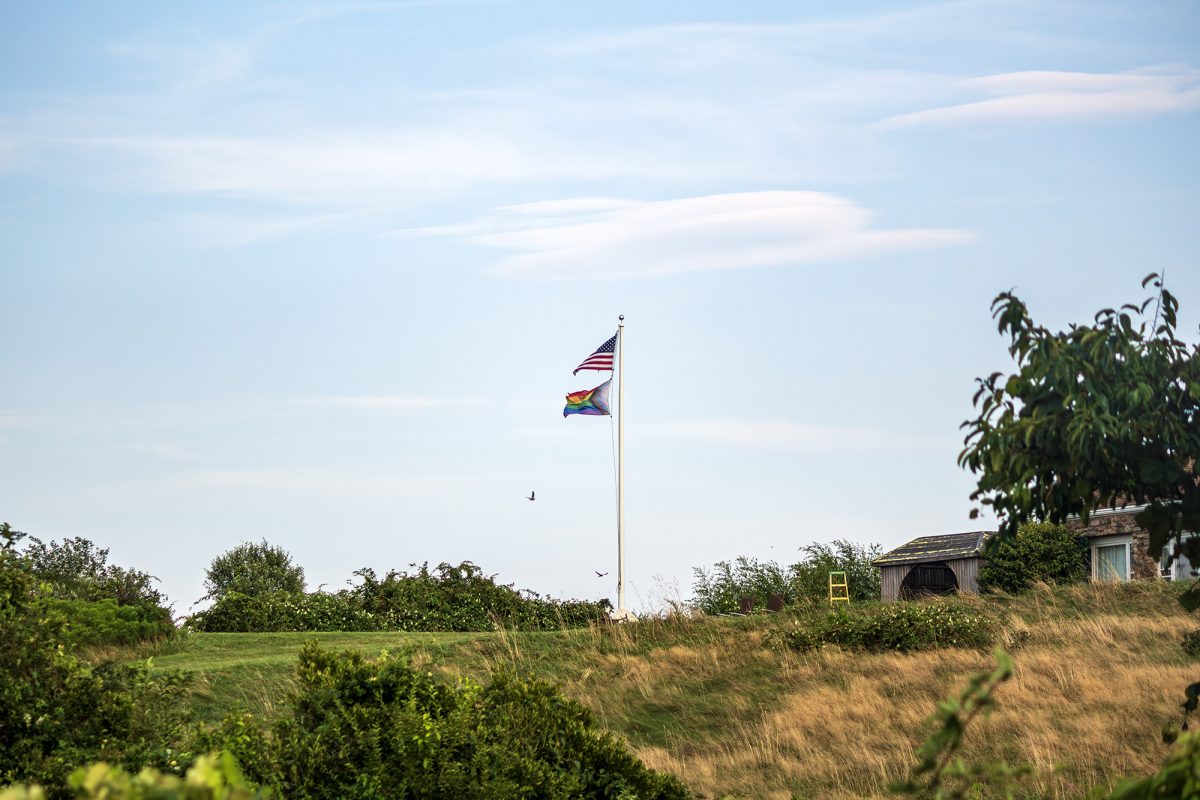



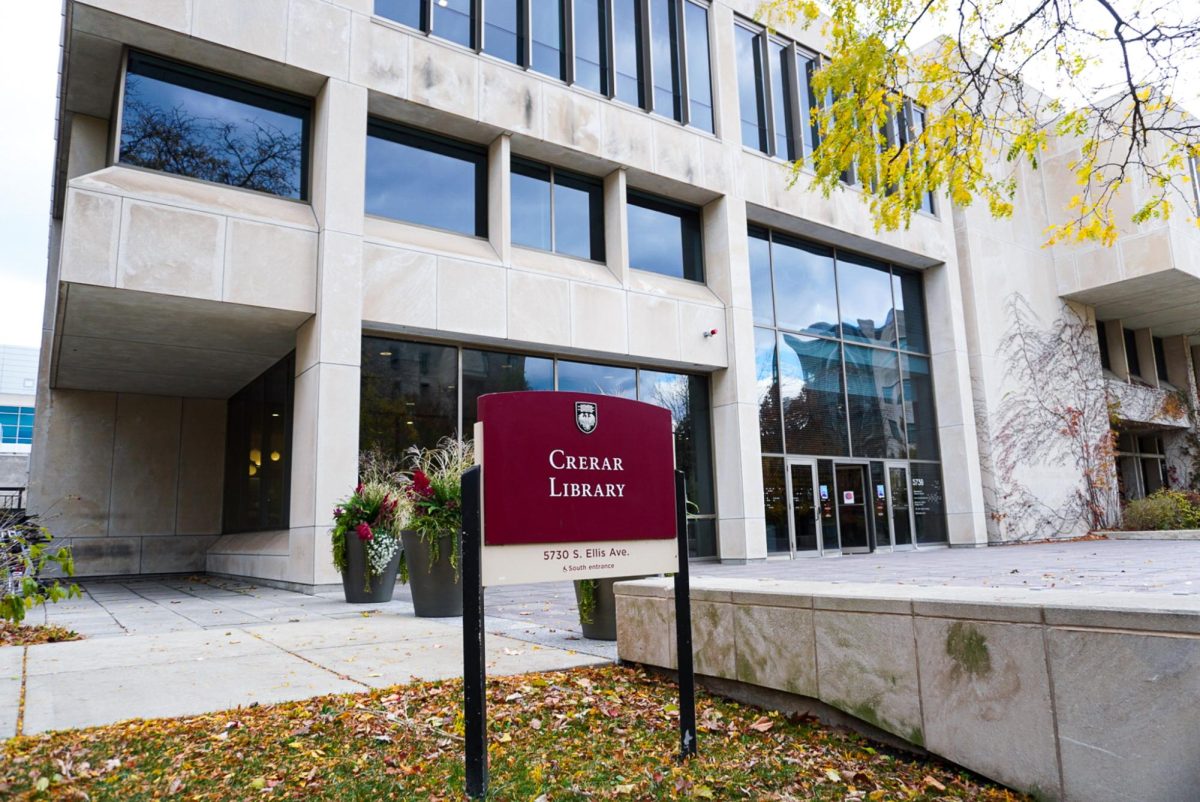





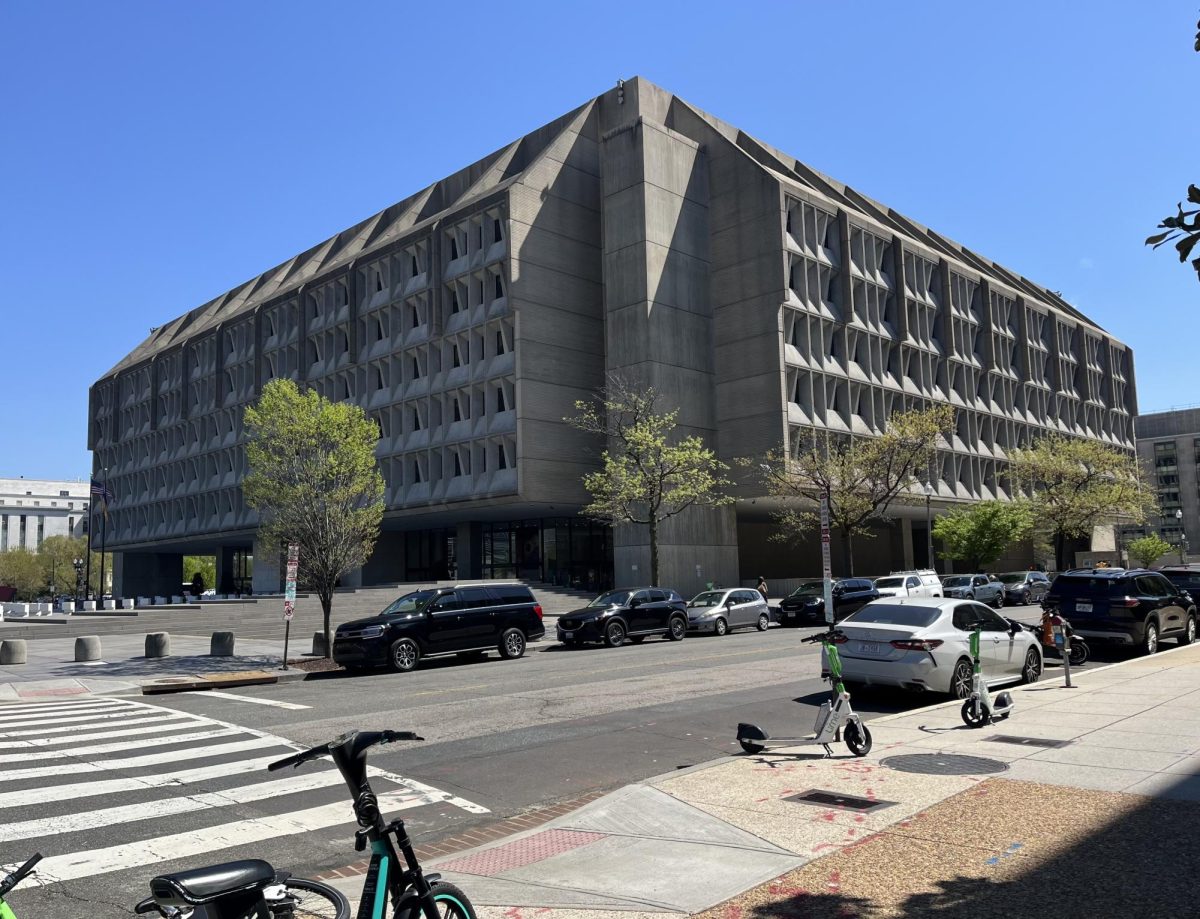
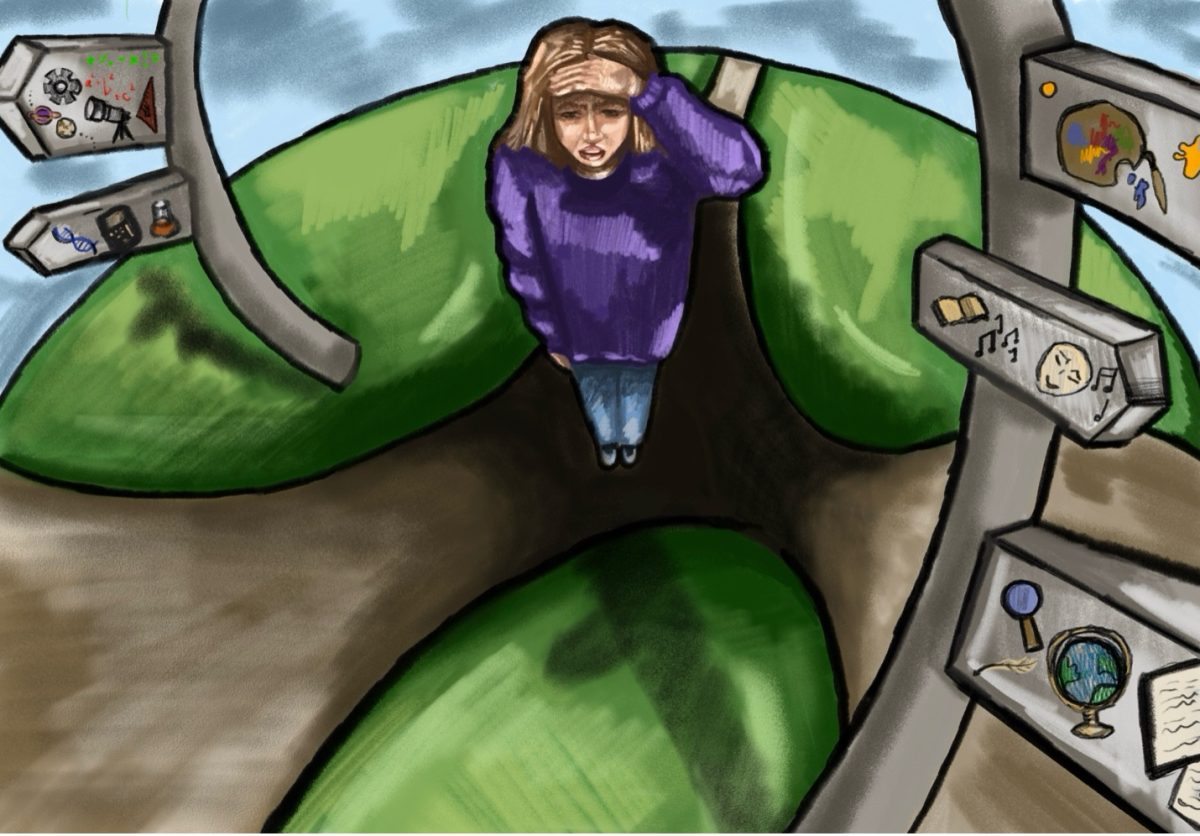
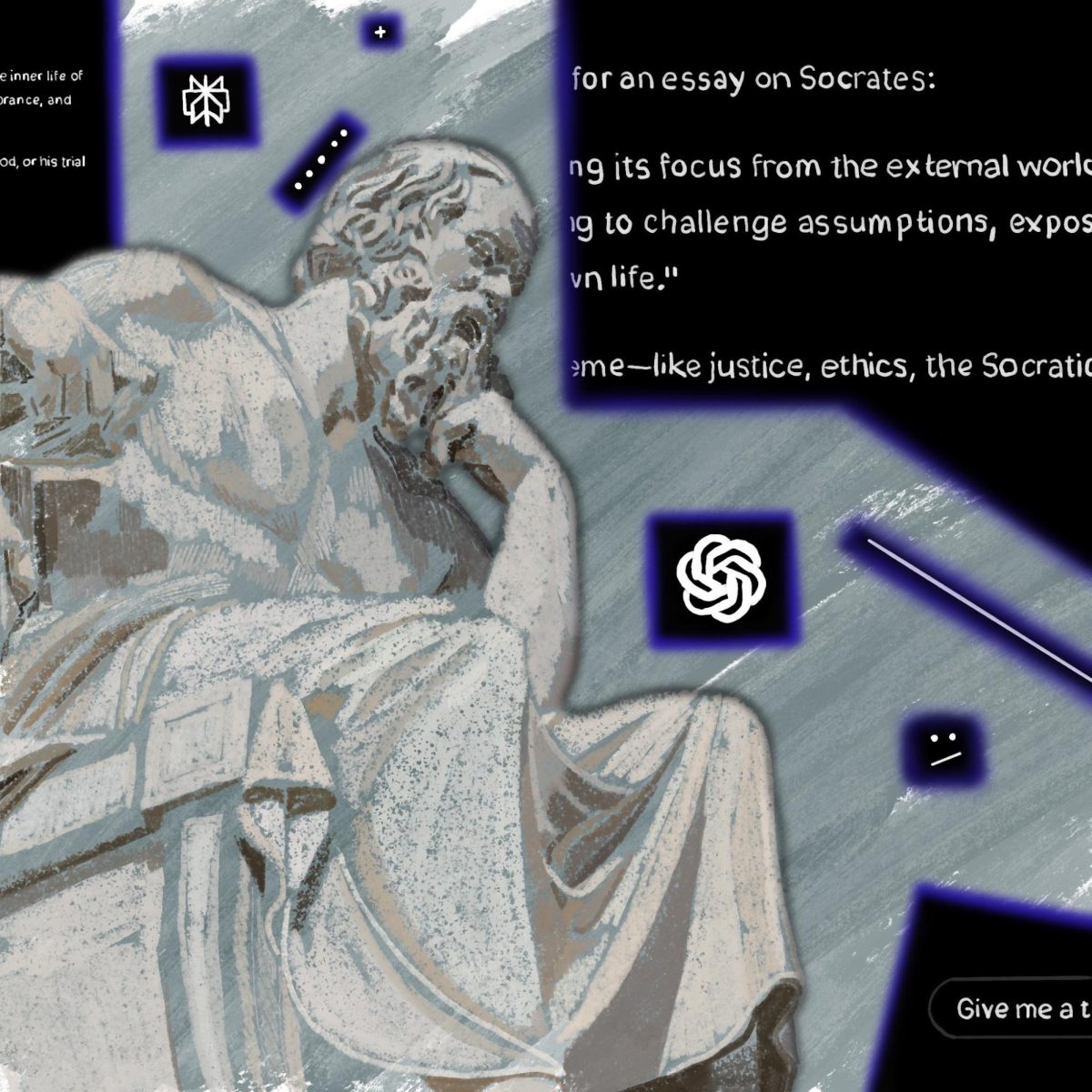
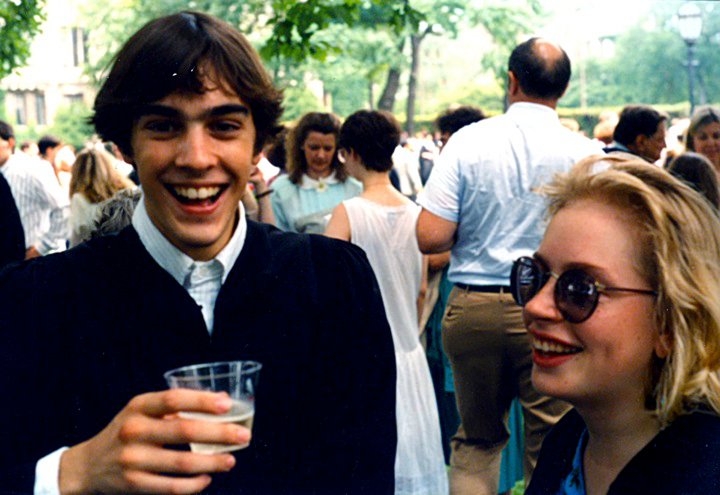


Staff / Mar 11, 2025 at 9:39 pm
Thank you so much for writing this and publishing it. As someone who works closely with trans students at this school, I want to emphasize that your voice matters. Administration needs to hear the voices of students like you, students pushing back against tyranny and fascist behavior by the government that is tacitly accepted by our institution. We are supposed to be a place of free inquiry and expression. That includes gender expression.
Sophia / Mar 10, 2025 at 3:17 pm
Very well-written. You’re obviously going places, Francesco (but the Rhodes Scholarship already figured that out)!
indran / Mar 6, 2025 at 7:49 pm
عالی بود فرانچسکو جون، به شناختن تو افتخار میکنم